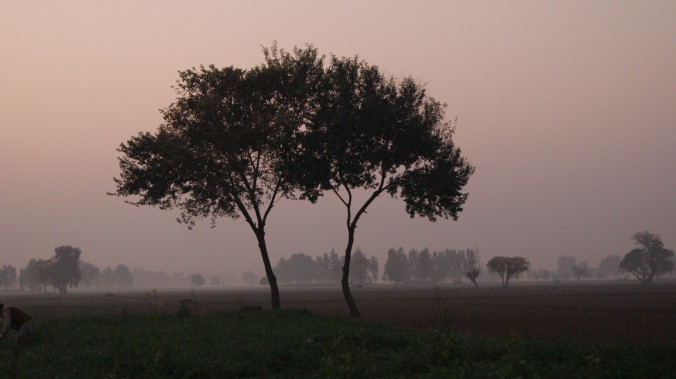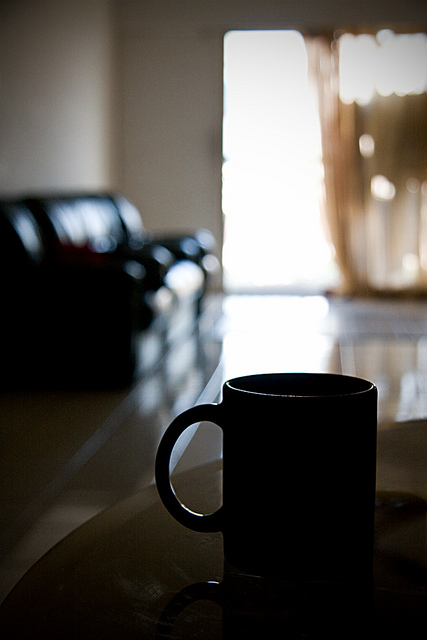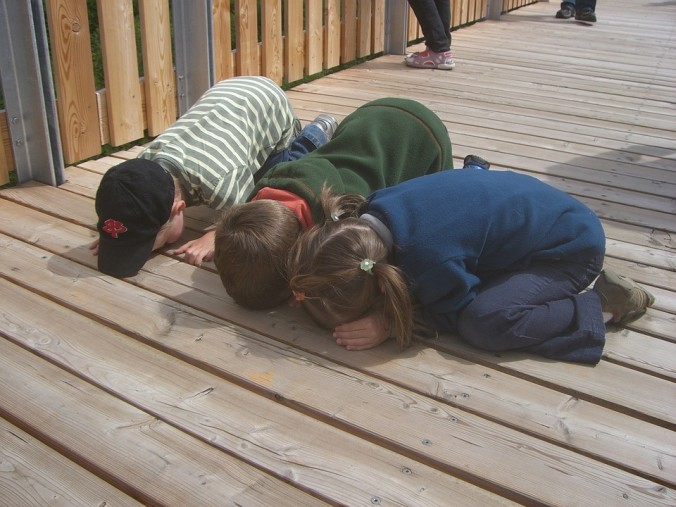I had one of those moments last week. A time where I could hear the kids screaming from two rooms away. Dinner needed cleaning up, the bigs needed help with their homework but refused to be helped, and the youngest wanted to take another bath. I remember laying (okay, hiding) on the bed, thinking, “Never would I have imagined that this would be my life.”
Then, I thought, “I wouldn’t trade it for the world.”
It’s not perfect. Far from it. Put aside the constant messes, which ticks up my anxiety pretty quickly. Our voices are constantly rising, though not nearly often enough in song. The kids sometimes don’t get along, with one particular child constantly sneaking into rooms and stealing candy, legos or drawing on private notebooks. And did I mention how LOUD it is around here?
Here’s the thing: it’s good. I have a good life. I have good kids. I have a good husband and a good marriage. I’m not alone. Lots of us have some good things going for us. Good jobs, good friends, good retirement plans, whatever’s in your bag.
For us go-getters, this can cause problems. We say, “what will make it better?” I’m all for that. While I applaud a striving for betterment, it can take us down a dangerous path, toward the idea that only when it is “better” – usually envisioned as perfect – then it will be good enough. And do you know when that will be? A day short of never. This leads to constant dissatisfaction and an inability to see the goodness in some of the most simple and beautiful of things.
It’s fine to improve. You’re reading words by a girl who keeps a Life Plan. I goal set. I consider the most time-efficient way to shower. (Seriously.) So these words don’t come from some lazy, “oh, it’s fine” sit-around-and-watch-COPS deadbeat. Don’t think I’ll dismiss striving for excellence as futile.
In the Christian tradition, we tell the story of a long, long time ago (think, the beginning) where there was a guy, a girl, a snake and two trees. Short story made even shorter, some bad choices were made and now we know why the world is filled with suffering.
Here’s what we forget: in chapters one and two of the book of beginnings, God creates everything and calls it – what? say it with me now – good. He calls it good. Water, plants, sky, sun, bugs, animals, fish… good, good, good, good, good, good, good. When he gets to his finale, the human, he says it’s very good.
Not perfect.
In our current state, we’re aware that we live with hardships and challenges, personal shortcomings and collective failure. On the tough days, when you know you messed it up or screwed someone over, we’re hyper-aware of this secondary way of being.
In our modern life, we need not look far to be told how imperfect we are, how we’re getting it all wrong. Advertisers capitalize on our awareness of imperfections all the time – that’s why wrinkle creams and flashy cars exist. They want to sell us something to cover up the not-so-great. There’s no need to convince us of our un-goodness. We’re totally aware, thank you.
As we long for something better, we turn our eyes to what we think we ought to be. That first story; the beginning. We want to be good again.
But we think good means perfect. So we don’t find the good. We don’t know what good looks like anymore because we’ve been told it needs to be skinnier, shinier, faster, sleeker and with toddlers that don’t throw fits. Also, it’s supposed to be easier, and if you’re doing the work, and it’s hard, you must be doing it wrong, because a good life should appear effortless.
Let’s return to our real beginnings, the one where God looked us up and down, in all our naked glory and said, “that’s some of my best work yet.” In the beginning, God made us in the image of God, an image we still reflect.
We’re not perfect. But we’re good.



